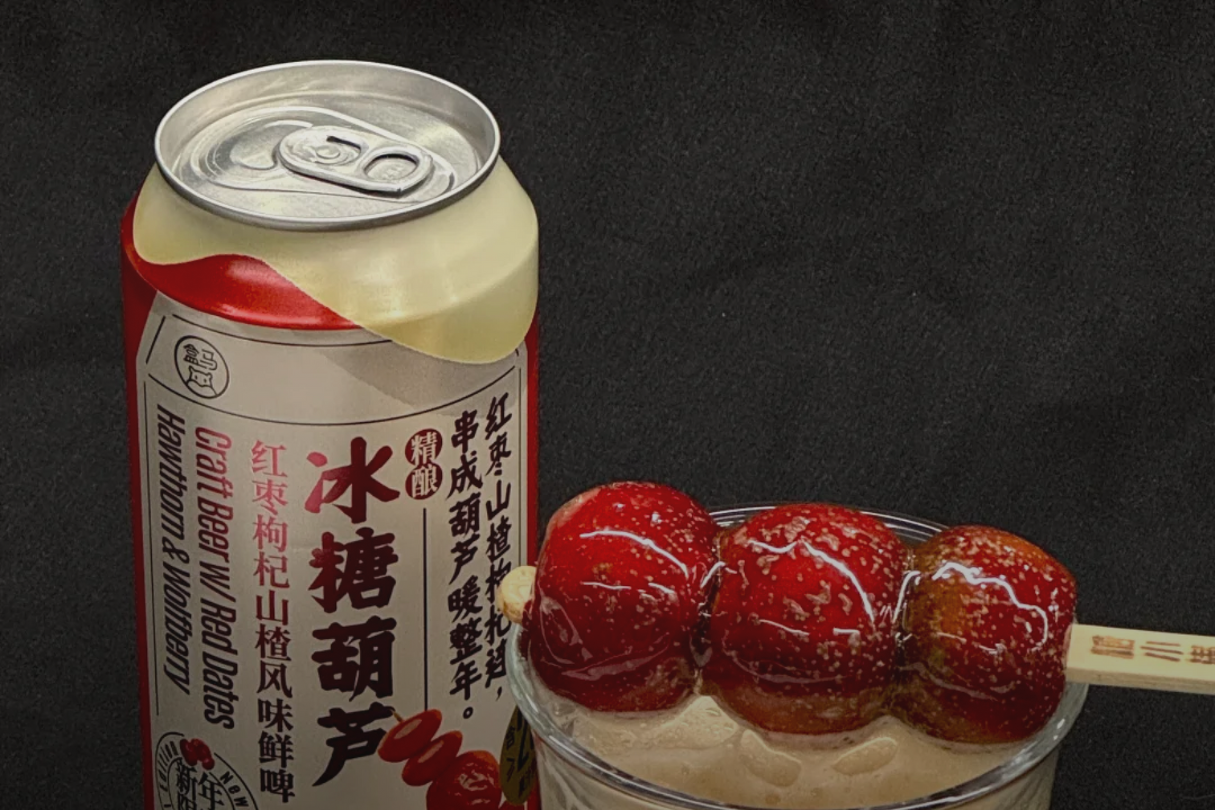Compared to Western cultures, beer is relatively new in China’s long history of alcohol production and consumption. For the most part, ancient Chinese brewing traditions focused on jiu (fermented grain beverages), such as huangjiu (yellow wine used mainly for cooking), and other rice- and sorghum-based liquors like the ubiquitous bai jiu. Beer was first introduced to China in the early 19th century by German settlers in Qingdao, a coastal city in Shandong province. This led to the establishment of the iconic Tsingtao Brewery in 1903, which remains a major player in the local and global beer industry.
Today, while Tsingtao and Snow––the top beer in China, though lacking the global presence its number two competitor commands––continue to supply the largest beer-consuming country in the world, Chinese craft beer labels are becoming increasingly popular thanks to adventurous tipplers who are looking for bolder and more exciting brews. Below, we toast to some notable craft breweries in China and Hong Kong that aren’t afraid of taking risks with bold concoctions and unconventional ingredients, bracing a beverage landscape dominated by commercial giants.
Great Leap Brewing
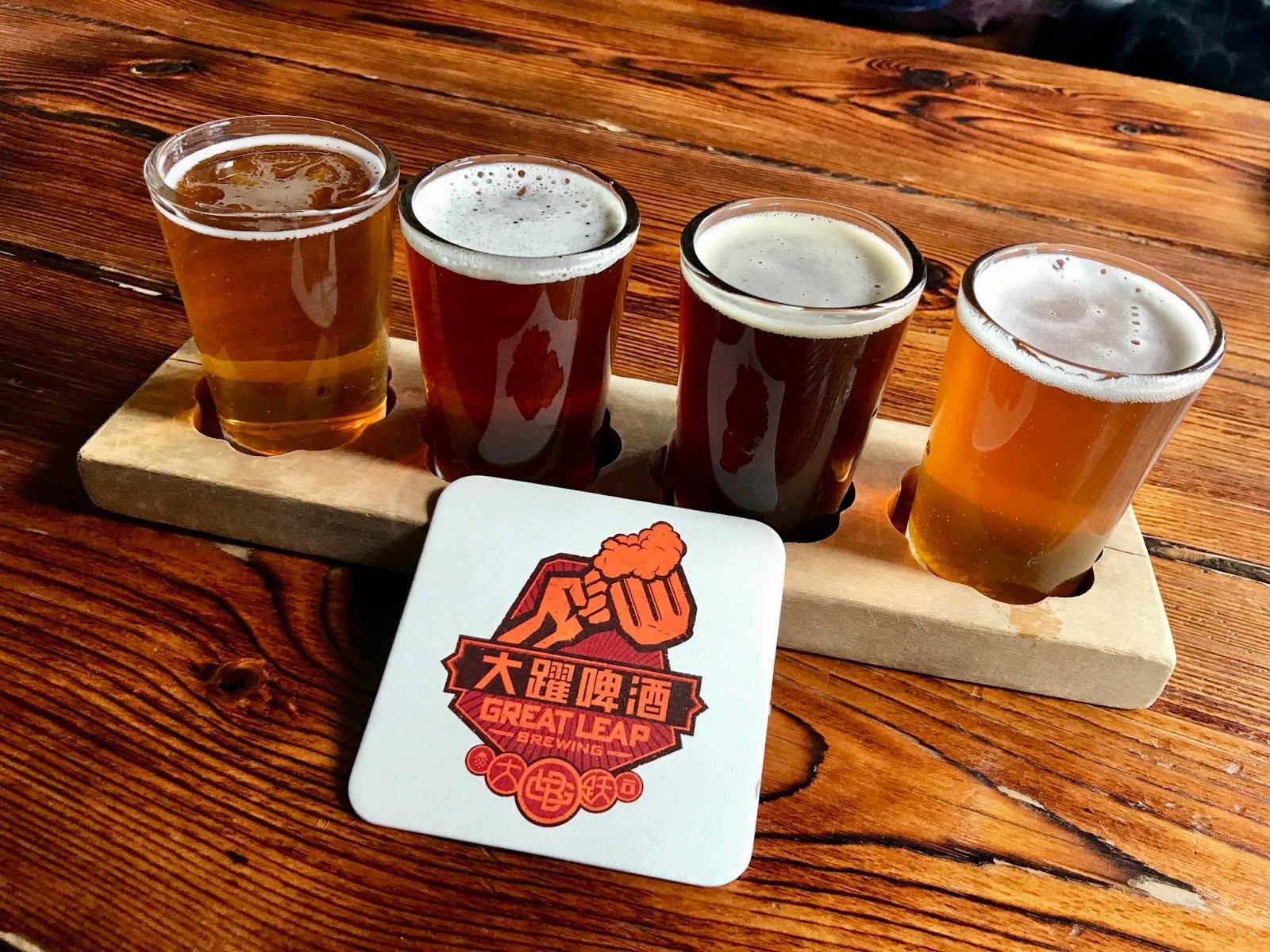
Founded in 2010, Great Leap Brewing is Beijing’s first microbrewery and a pioneer in the Chinese craft beer scene. Renowned for blending local Chinese ingredients into their brews, their flagship beer, Honey Ma Gold, features the distinctive, spicy notes of Sichuan peppercorns. Over the years, they’ve expanded their offerings to include beers inspired by regional flavors, like their Iron Buddha Blonde infused with oolong tea. Great Leap actively collaborates with other breweries worldwide, creating cross-cultural brews that bridge traditions. They’ve also become a hub for community, hosting beer-pairing dinners and educational sessions on the history of beer in China.
Jing-A Brewing Co.

Also from Beijing, Jing-A Brewing Co. has gained a reputation for playful experimental batches, like red koji rice-infused brews reflecting Chinese alcohol history, and a beer flavored with hawthorn for a bold and refreshing twist. Besides its core collection, Jing-A’s seasonal offerings run the gamut from wild, yeast-fermented beers to brews containing watermelons from Daxing district. Those craving a taste of Jing-A’s beers in China will find them easily: they currently operate eight taprooms across Beijing in spots like CBD, Xingfucun, and Wangjing.
Wuhan No.18 Brewing
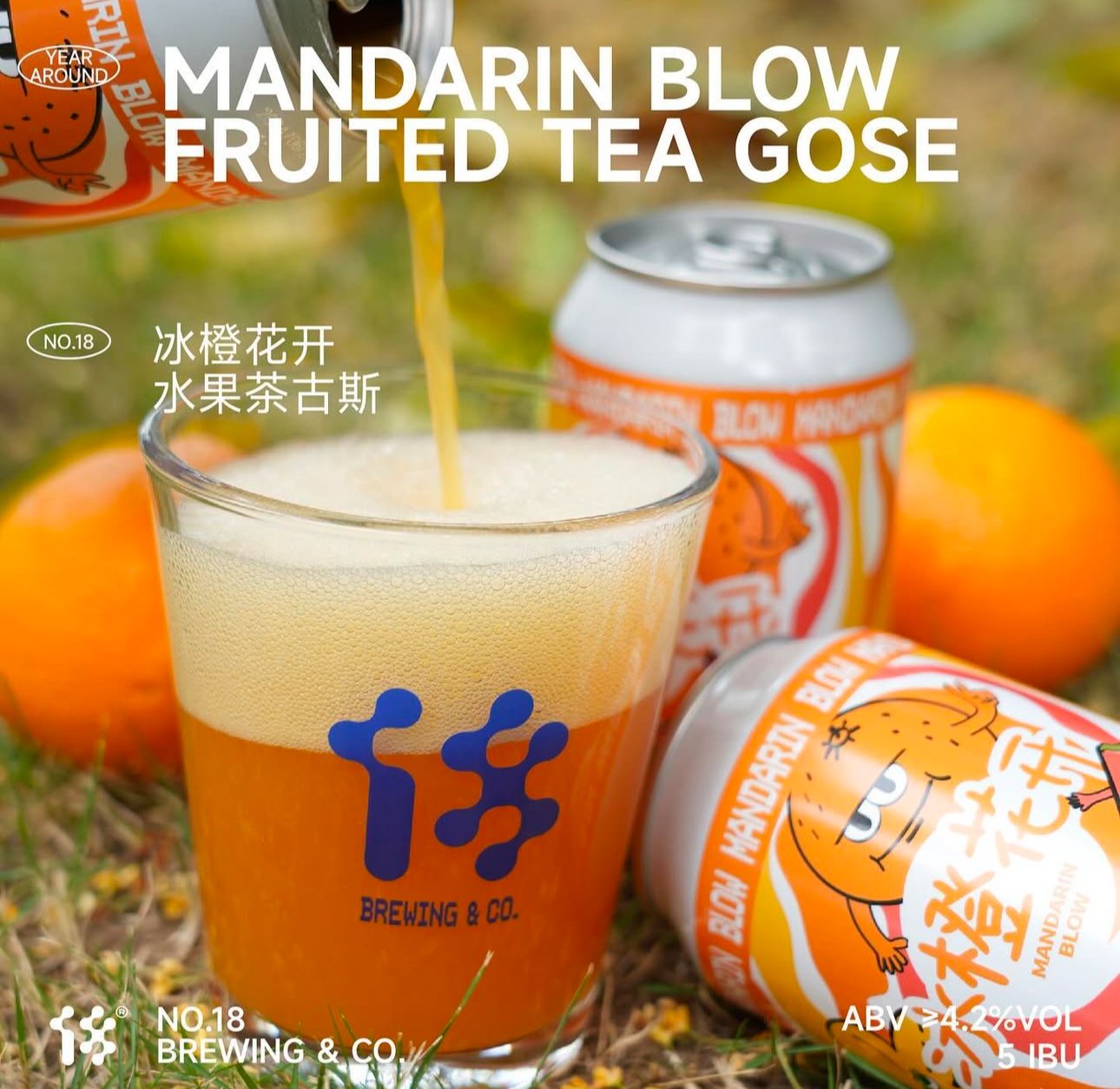
Wuhan No.18 Brewing, founded in 2013 by master brewer Wang Fan, is Wuhan’s first dedicated craft brewery, blending traditional brewing disciplines with local flavors. Known for innovative beers like Mandarin Blow and Peach’s Love, the microbrewery puts the spotlight on Chinese aromatics like mandarin, osmanthus, and pomelo. Despite challenges from the COVID-19 pandemic, the brewery has revitalized Wuhan’s craft beer scene, symbolizing resilience and creativity while fostering a unique cultural and culinary identity in China’s beer landscape.
Boxing Cat Brewery
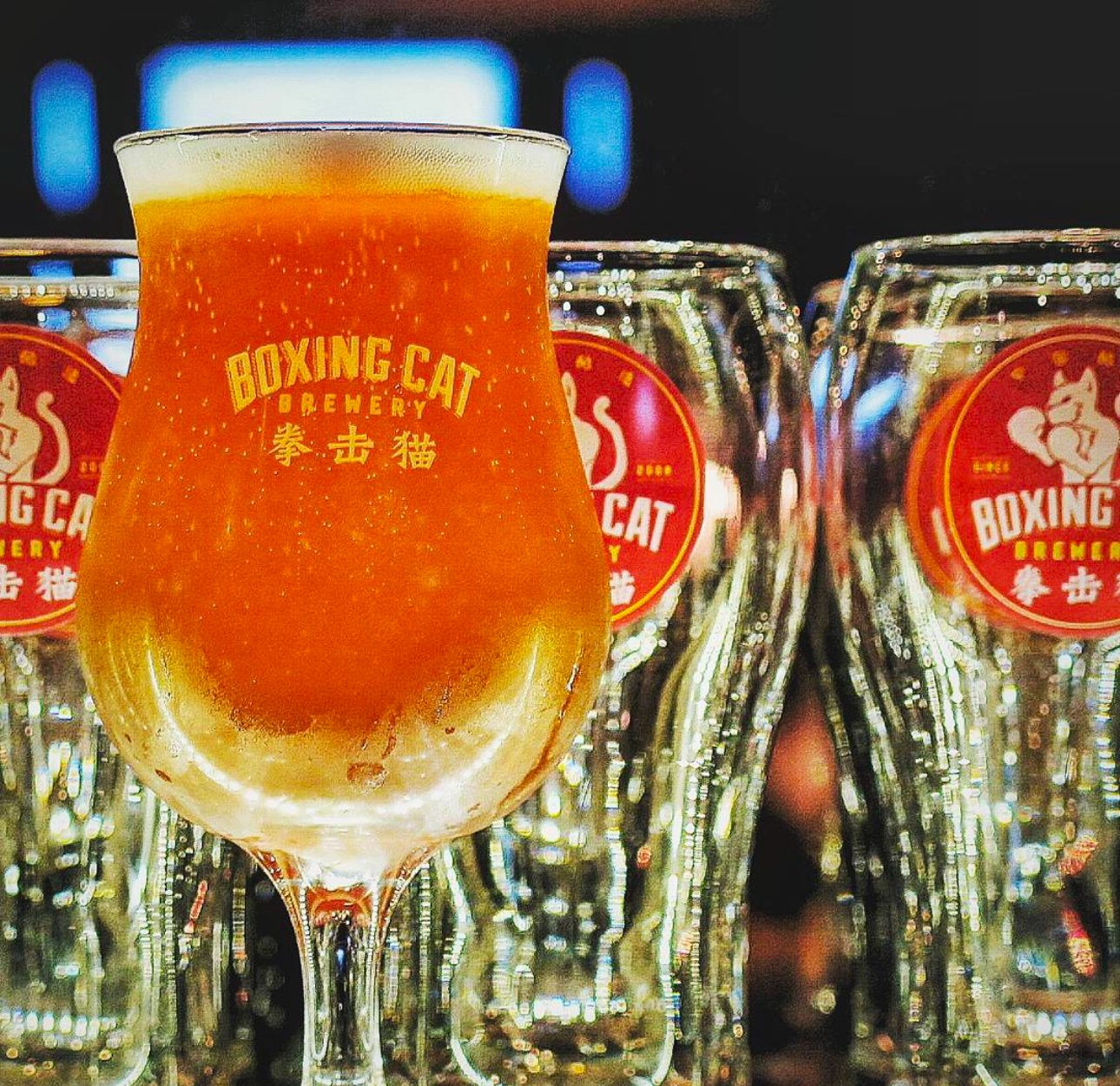
Boxing Cat Brewery, established in 2008 in Shanghai, is a pioneering craft brewery known for its American-style beers and Southern-inspired cuisine. Their flagship beers include the TKO IPA, an American IPA brewed with four different US hops, and the Sucker Punch Pale Ale, an American Pale Ale dry-hopped with Citra hops for additional aroma and flavor. Beyond their core offerings, Boxing Cat is known for seasonal collaborations, including experimental brews with local Chinese ingredients like goji berries and jasmine tea. Boxing Cat’s innovation hasn’t gone unnoticed: they’ve won awards at global beer competitions and have represented Chinese craft beer at festivals worldwide.
Moonzen Brewery
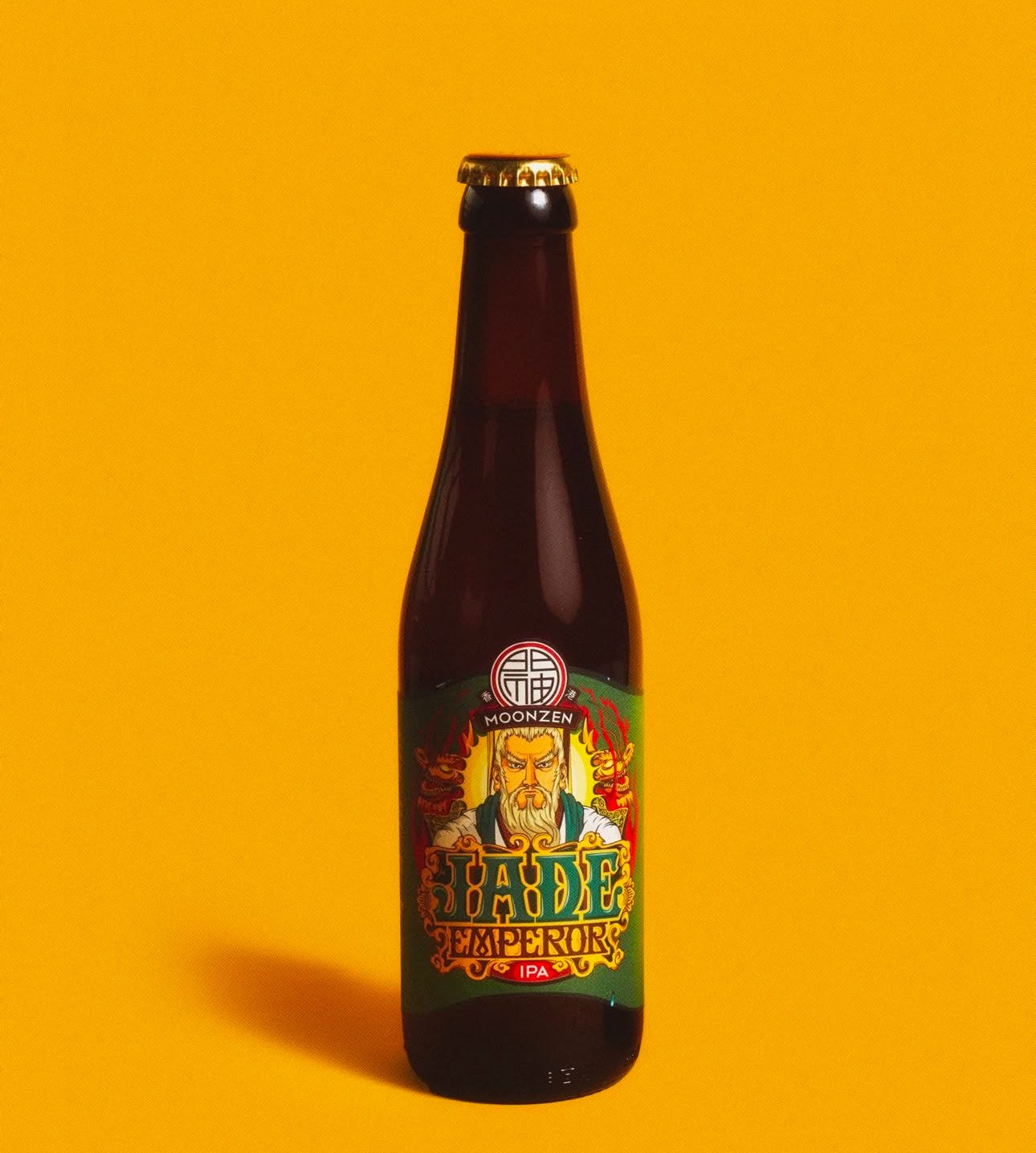
Hong Kong’s Moonzen Brewery draws inspiration from Chinese mythology, with each beer named after legendary figures and folk gods. This unique approach combines rich cultural heritage and storytelling with exceptional craft brewing. Moonzen has experimented with an ancient brewing technique based on a 5,000-year-old recipe, while incorporating ingredients like longan honey and Sichuan peppercorns into experimental batches. Their brewery tours double as storytelling sessions, offering visitors a deep dive into the myths behind each beer. Seasonal releases often celebrate traditional festivals, such as a smoked beer brewed to honor the Dragon Boat Festival.
Breer

Part brewery, part social enterprise, Breer addresses food waste by transforming surplus bread into craft beer in an effort to promote sustainability. Founded by two students at the Hong Kong University of Science and Technology, Breer began by collecting unsold bread from bakeries and experimenting with brewing techniques. Their first product, a pale ale, launched commercially in 2021. Since then, they’ve partnered with local businesses to scale their bread collection efforts and further reduce waste. Their lineup now includes unique limited-edition brews inspired by traditional Hong Kong pastries like egg tarts and bolo buns (aka pineapple buns), a classic Hong Kong sweet bun layered with a crusty topping that looks like a pineapple.





